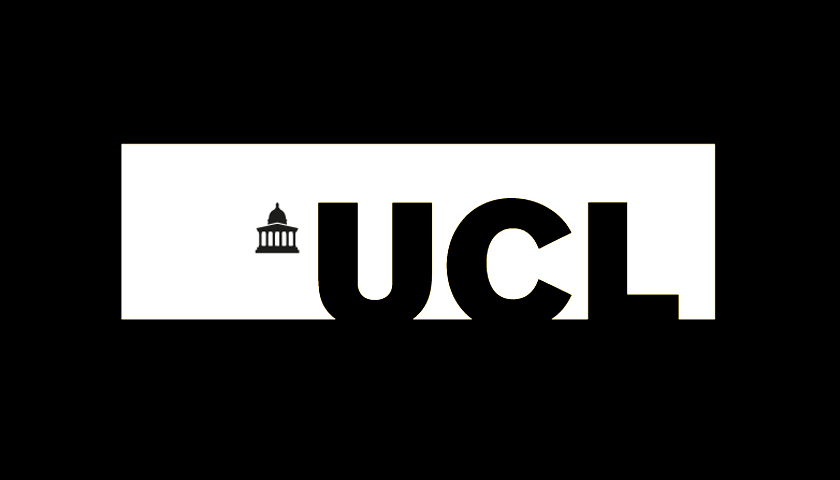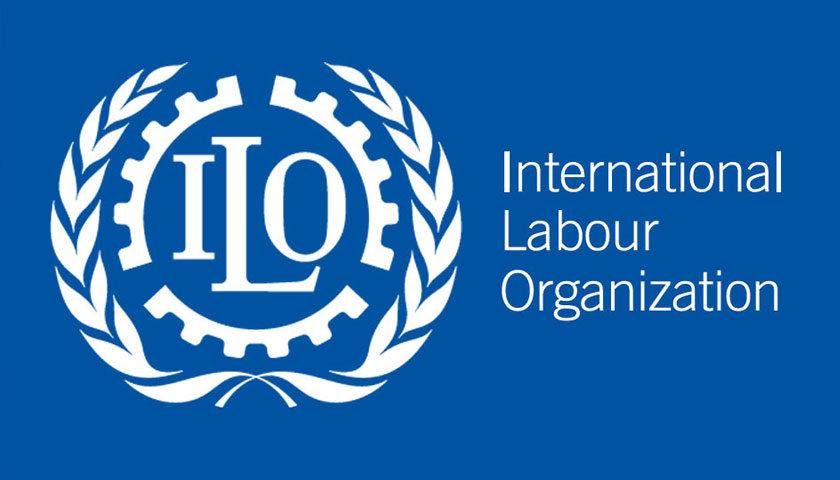At Costco’s annual meeting on Thursday, 69.9% of shareholders voted in favor of a trailblazing Green Century° proposal asking the company to set science-based targets to reduce its greenhouse gas emissions. This is the first shareholder vote on a proposal directly requesting that a company set targets that include emissions from its full value chain and that are aligned with achieving net zero emissions by 2050 or sooner.
Costco significantly lags many of its competitors on climate. In December, Forbes reported that Costco was one of only three of the largest 50 S&P companies without a major climate commitment.
“With this vote, investors are demonstrating that they expect Costco to align with its peers by accelerating work to reduce the climate impact of its supply chains and raising the level of ambition of its emissions reduction goals,” said Green Century President Leslie Samuelrich.
Costco not only lacks science-based emissions reduction targets, it is also failing to account for emissions related to agriculture, land use change, and deforestation in its supply chains, as highlighted by sustainability non-profit Ceres’ Food Emissions 50 benchmark. Green Century was among the first investor signatories to the Food Emissions 50 campaign to push companies to address these risks.
“It’s encouraging to see a significant level of investor support for this critical resolution. In order to meet shareholder expectations, it is clear that Costco will need to increase the ambition of its climate goals,” said Julie Nash, Program Director of Food and Forests at Ceres.
Costco acknowledges that Scope 3 emissions represent the “overwhelming bulk” of its climate impact. For context, Walmart* discloses that Scope 3 emissions make up a staggering 95% of its total emissions. However, Costco has not yet disclosed the full extent of its Scope 3 emissions, nor has it set targets to reduce them.
“The substantial show of support for this proposal signals that many investors now expect companies in all sectors to set ambitious climate targets, including goals for their supply chains,” said Green Century Shareholder Advocate Thomas Peterson. “The food system represents over one-quarter of all human-caused greenhouse gas emissions. In order to decarbonize our economy, major food retailers like Costco must work to reduce their supply chains’ impact on our climate, known as Scope 3 emissions.”
While Costco still lags behind its peers, Green Century’s proposal has already prompted substantial improvements in Costco’s climate policy. Since Green Century filed the proposal in August, Costco has announced an expedited timeline for disclosing supply chain emissions. The company has also committed to developing a Scope 3 action plan and eventual reduction targets. Most significantly, in anticipation of Thursday’s vote, Costco announced its first reduction targets for its operational and purchased energy emissions (or Scope 1 and 2 emissions) on January 13. This came nearly a year earlier than planned.
“We are encouraged by Costco’s progress, but Costco cannot keep falling behind its competitors in this important aspect of its business,” Peterson said. “We hope the company will take shareholder concern into account and do its part to mitigate its contribution to climate change.”



